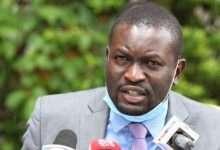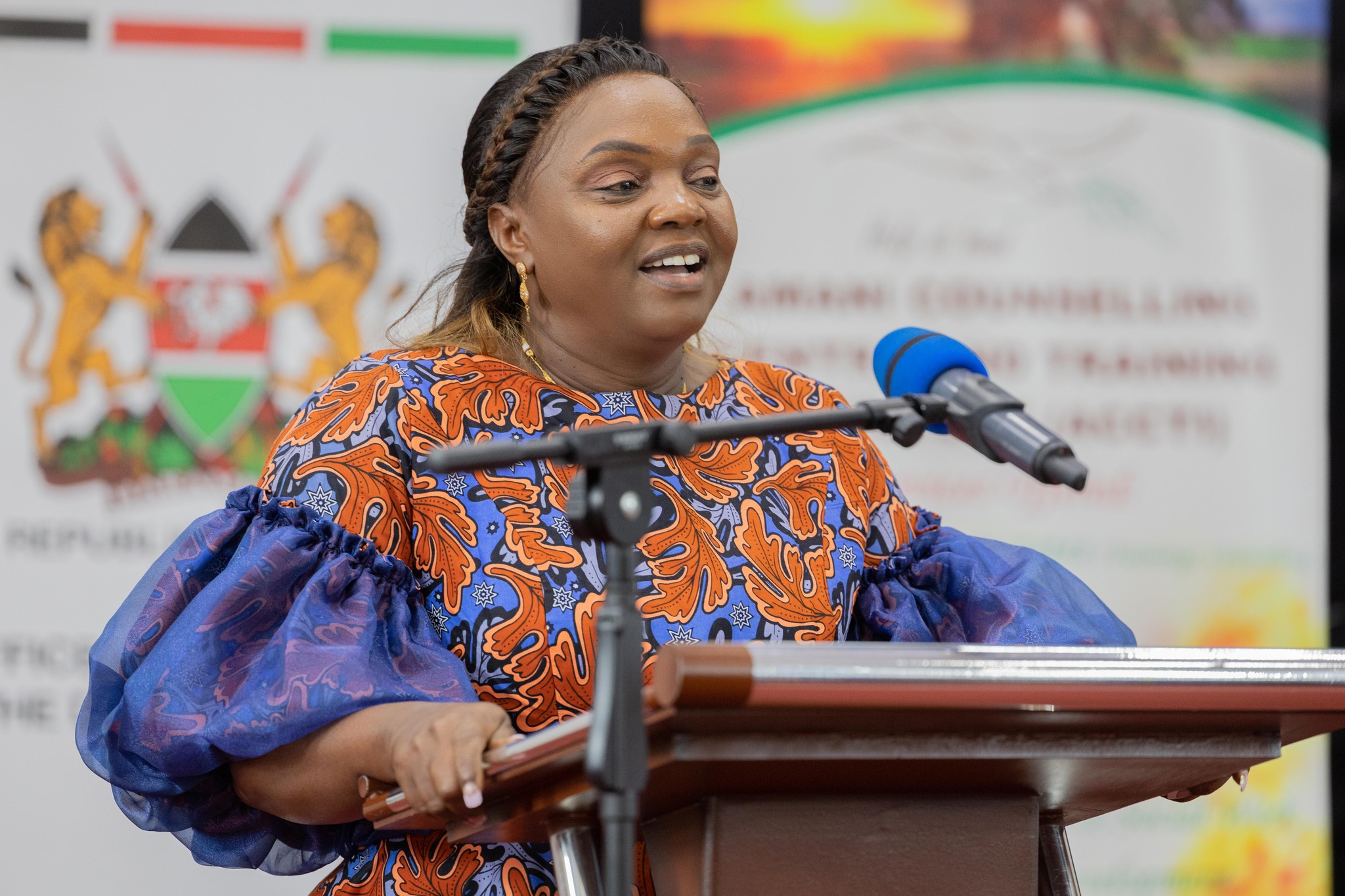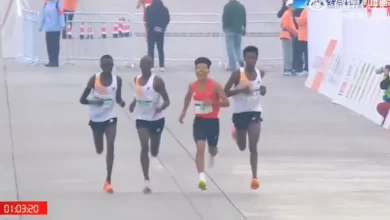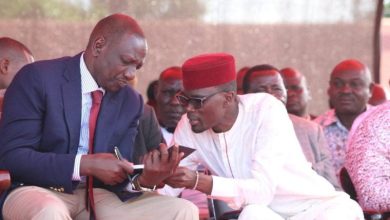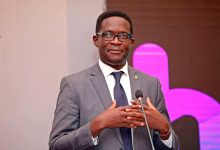Despite reports of several polling places having failed voter identification kits, election observation missions to Kenya have lauded the electoral commission for conducting a smooth election in a professional manner.

The National Police Service received praise for their professionalism at the polling places from the East Africa Community, the Intergovernmental Authority on Development (Igad), the Commonwealth, the African Union (AU), and the Common Market for Eastern and Southern Africa (Comesa) observer missions in Kenya.
The Kenya Integrated Election Management System (Kiems) kits that failed in some polling places, low voter turnout, and a lack of youth engagement in both voting and elective positions were all criticized by the team.
“The mission takes note of the remarkable improvements made by the IEBC [Independent Electoral and Boundaries Commission] in regard to transparency, preparations, and management of the 2022 Kenya General Election,” said EAC observer mission leader, former Tanzanian president Jakaya Kikwete.
“However, much more needs to be done for better outcomes in future. The mission also recommends that in future, there should be better communication between the IEBC and the various stakeholders.”
In contrast to previous elections, he praised the police for not interfering with voting and claimed that technology had increased efficiency and transparency.
Mr. Kikwete requested that the IEBC take note of these problems and take corrective steps for future elections regarding the failure of some Kiems kits to identify voters.
The use of state resources during campaigns was criticized by the AU and Comesa because it “produced an unlevel playing field, especially for smaller campaign actors,” according to Dr. Ernest Bai Koroma, the mission’s head and a former president of Sierra Leone.
Despite the comparatively high youth population, the AU-Comesa observation team found that there were few of those who were registered to vote.
“Only 39.84 per cent (8.8 million) of the total registered voters were youth, a decline of 5.17 per cent from the 2017 figures,” said Dr Koroma.
The mission also noted the late release of funds to IEBC by the National Treasury, saying it affected key electoral processes including voter registration, verification of voters’ register, and voter education.
The elections witnessed a high level of participation of political parties and independent candidates. Out of the 90 registered parties, 81 contested the elections. Of the 16,105 candidates, 28.1 per cent were independent candidates.
Commonwealth Observer Group Chairperson Bruce Golding said the elections were largely peaceful and praised the efforts by political parties, their leaders, presidential candidates, and the public to foster a peaceful environment in the lead-up to the 2022 General Election.
“We noted that voters were largely able to cast their ballots freely. The elections were competitive, with freedom of association and participation rights provided for and respected,” said Mr Golding. He said the lack of a comprehensive review of the Elections Act and Kiems kit failures cast a shadow over the entire process.
“It is noted, for example, that the issue of whether the digital or printed register would be the primary mechanism to verify voter identity was only decided the day prior to the elections, following a ruling by the Court of Appeal,” he said, and recommended “the establishment of a specialist court to deal with election-related matters.”

